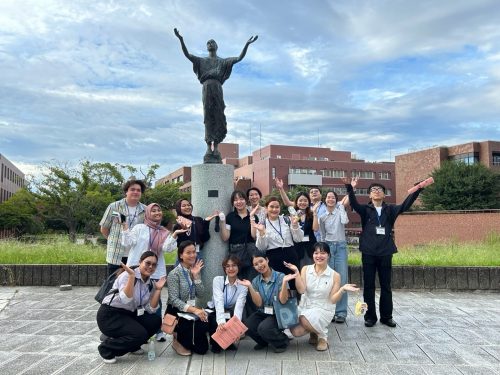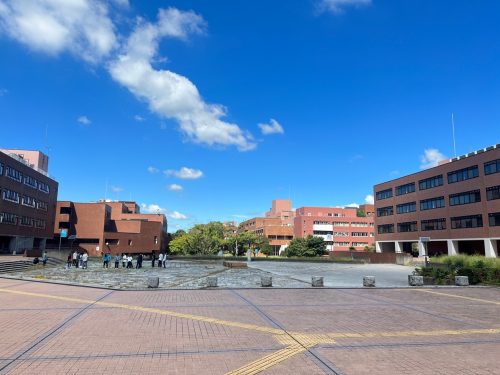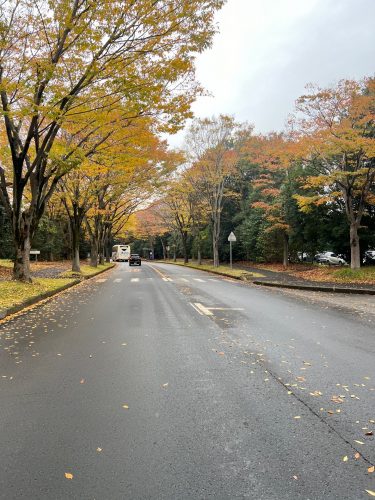
When I first heard about the Campus Asia 6 program at University of Tsukuba from alumni of the first and second cohorts, their stories sparked my curiosity. They described an experience that went beyond typical academic exchange one that offered rich insights into educational practices across cultures. This was exactly what I was looking for: a chance to explore different teaching approaches, understand how schools of various sizes manage their curricula, and deepen my knowledge of quality education as outlined in the UN’s Sustainable Development Goal 4. The most precious gift from my time in Japan was connecting with fellow educators from China and Korea. Together, we shared perspectives that challenged and expanded my thinking about education. I still remember the animated discussions we had after visiting Japanese schools each of us noticing different aspects based on our cultural backgrounds. These conversations opened my eyes to educational possibilities I hadn’t considered before.
Our field trips to local schools and the Board of Education were equally transformative. Watching Japanese teachers in action, I observed how they skillfully facilitated classroom discussions, encouraging every student to participate. The way they integrated real-world problems into their lessons particularly impressed me. Rather than teaching theory in isolation, they connected concepts to issues students could see in their communities, making learning immediately relevant.
Since returning to Thailand, I’ve been putting these insights into practice. My classroom now features more discussion-based activities where students learn from each other, not just from me. I’ve redesigned assignments to center around authentic problems that students might encounter outside school walls. This approach has energized my teaching and increased student engagement.
The program has also influenced my research direction. Inspired by what I witnessed in Japan; I’ve begun developing grant proposals focused on promoting quality education initiatives in Thailand. The cross-cultural perspective I gained helps me see our local educational challenges with fresh eyes and innovative solutions.
The Campus Asia 6 program wasn’t just a professional development opportunity that it was a journey that transformed how I think about education. The connections I made, the classrooms I visited, and the discussions I participated in continue to shape my work every day. As educators, we often focus on helping our students grow, but this experience reminded me that our own learning never stops.
 A joyful group photo with fellow CAMPUS Asia participants in front of the iconic at the University of Tsukuba.
A joyful group photo with fellow CAMPUS Asia participants in front of the iconic at the University of Tsukuba.
 The heart of the University of Tsukuba campus under a brilliant blue sky
The heart of the University of Tsukuba campus under a brilliant blue sky
 A peaceful autumn street in Tsukuba, lined with golden foliage.
A peaceful autumn street in Tsukuba, lined with golden foliage.


